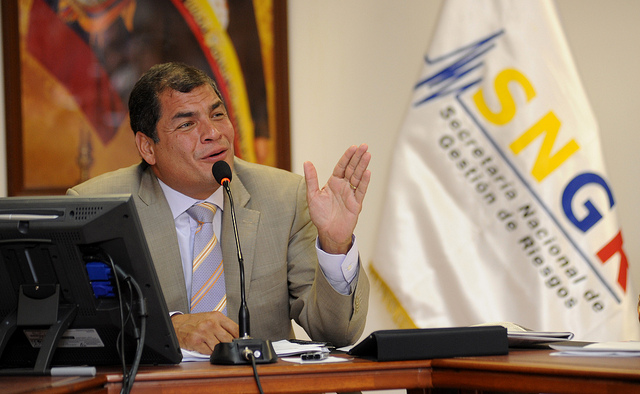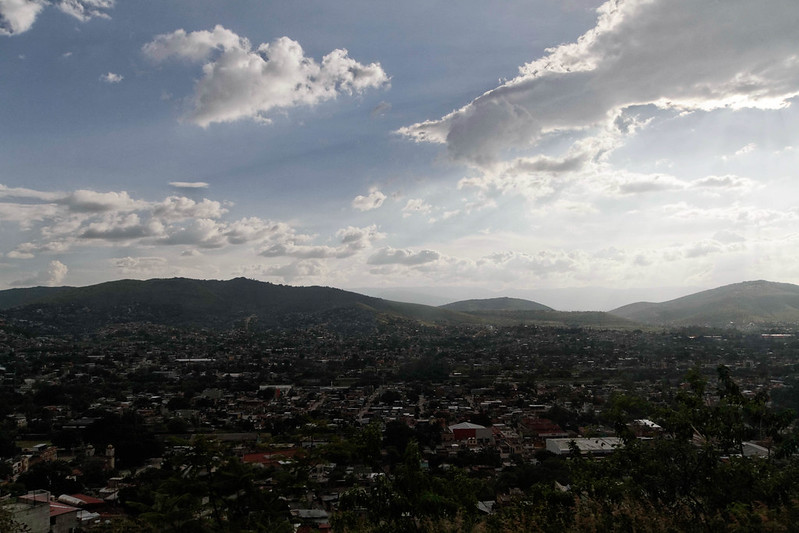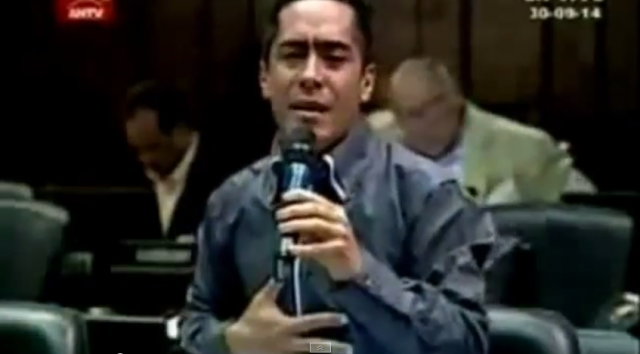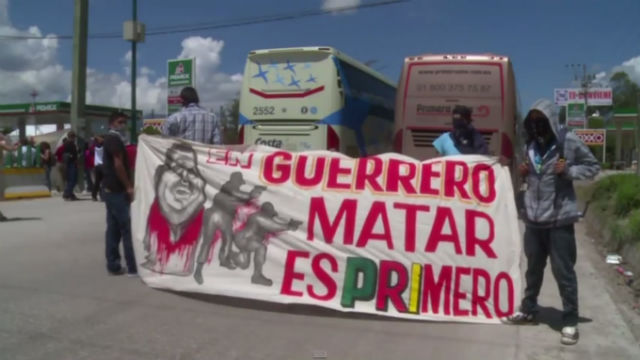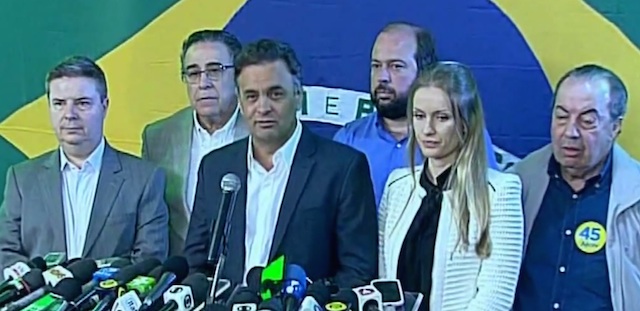
Brazil, Latin America: Week in Review, North America, Southern Cone
Rousseff Will Face Neves, Not Silva in Brazil Runoff
October 6, 2014 By Staff
Top Story — Brazilian President Dilma Rousseff will compete for her second term in a runoff after failing to win outright in the first round of voting, which also ended the presidential hopes of one-time dark horse Marina Silva.
Instead of Silva, Rousseff’s new rival in the runoff contest on Oct. 26 will be Aécio Neves, a business-friendly senator and member of the powerful Social Democracy Party who won around 34 percent of the vote, compared to Rousseff’s 42.
The president’s margin was half as large as Ibope polls predicted. In order to win in the first round, a candidate needed to win at least half of the vote.
Silva, a charismatic environmentalist, seemed a credible threat to the incumbent’s chances of re-election before her surge in opinion polling was decisively reversed, in part by an uncommonly aggressive campaign of attack ads. She finished third in the first round with 21 percent of the vote.
The long-anticipated runoff between Rousseff and Neves seemed to have been forestalled in August after a plane crash killed third-place candidate Eduardo Campos. Silva, his running mate, took over the campaign, and soared past Neves. Three weeks ago, Rousseff and Silva were essentially tied and Neves’ bid appeared irrelevant.
To counter Silva’s rise, Rousseff ran a series of unusually aggressive attack ads, accusing her of ties with shady bankers and planning to cut social programs. For his part, Neves criticized what he called Silva’s lack of experience. As The Economist pointed out, Neves’ technocratic economic proposals closely resemble Silva’s.
Gubernatorial and legislative elections were also held on Sunday. Around 80 percent of Brazil’s electorate turned out on the day. Voting is mandatory for anyone older than 18 and younger than 70.
Headlines from the Western Hemisphere
North America
- Police in Mexico’s Guerrero state found at least 28 bodies in several mass graves, many of them burnt beyond recognition. It is not clear if any of the bodies are of the 40 students who went missing since clashing with officers last week.
- Four men were arrested for suspected involvement in the killing of Gabriel Gonzales Michel, the Mexican congressman who was found dead and burned in his car on Sept. 23.
Caribbean
- Former Haitian leader Jean-Claude “Baby Doc” Duvalier, whose rule was marred by allegations of corruption, torture and killings, died of a heart attack at age 63 on Saturday.
- The legacy of Cuba’s 1996 downing of two U.S. civilian airplanes remains a hindrance to potential efforts to mend U.S.-Cuba relations, argue Peter Kornbluh and William M. Leogrande for The Atlantic.
Central America
- Honduran police said they arrested two gang leaders responsible for smuggling cocaine to the U.S., which may extradite the suspects.
- A New York Times profile of a young girl manipulated by smugglers in Guatemala is the paper’s latest in-depth look at the unaccompanied minors crisis.
- Panama is shutting down a temporary program under which some 48,000 visas were granted in recent years to foreign workers, most of them from other Latin American countries.
Andes
- Robert Serra, the Venezuelan lawmaker fatally stabbed last week, was buried Saturday. President Nicolas Maduro blamed “utlra-right” groups from the country and Colombia for the murder.
- At least seven candidates who ran for governor in Peru on Sunday are under investigation for crimes related to drug trafficking.
Southern Cone
- BBC2 television presenter Jeremy Clarkson blamed Argentina’s government for an unusual incident in which he and his crew were targeted in protests over the license plates on their vehicles, which appeared to refer tauntingly to the 1982 Falklands war.
- An editorial by Bloomberg View lays out Argentina’s many economic woes, arguing they are evidence of President Cristina Fernández de Kirchner’s “contempt” for Argentines’ welfare.
- Despite relatively low rates of crime and violence, the issues rank among Uruguayan voters’ top concerns ahead of the presidential election next month.
- Paraguay’s top anti-drug official said leftist EPP guerrilas are now producing their own marijuana, a charge the group dismissed as government propaganda.
Image: Youtube
